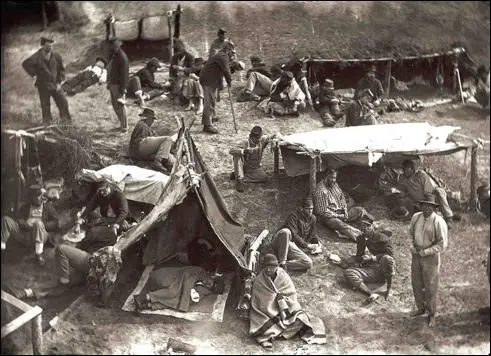

Yet a judiciously annotated edition of these memoirs has never been produced until now. Bush, credit Grant with influencing their own writing. Mark Twain, Gertrude Stein, Henry James, and Edmund Wilson hailed them as great literature, and countless presidents, including Clinton and George W. Grant’s memoirs, sold door-to-door by former Union soldiers, were once as ubiquitous in American households as the Bible. The book is deeply researched, but it introduces its scholarship with a light touch that never interferes with the reader’s enjoyment of Grant’s fluent narrative.”-Ron Chernow, author of Grant Personal Memoirs of U.S.“This fine volume leaps straight onto the roster of essential reading for anyone even vaguely interested in Grant and the Civil War. In these the occupants were fully secure from the shells of the navy,” Some of these were carpeted and furnished with considerable elaboration. In some instances I saw where two rooms were cut out, for a single family, with a door-way in the clay wall separating them. A door-way in these cases would be cut in a high bank, starting from the level of the road or street, and after running in a few feet a room of the size required was carved out of the clay, the dirt being removed by the door-way.

Many citizens secured places of safety for their families by carving out rooms in these embankments. The magazines of the enemy were made by running passage-ways into this clay at places where there were deep cuts. Where roads and streets are cut through, perpendicular banks are left and stand as well as if composed of stone. The ridges upon which Vicksburg is built, and those back to the Big Black, are composed of a deep yellow clay of great tenacity. “At that time I found that many of the citizens had been living under ground. On this latter occasion I was fifteen years of age.” I had also gone once with a two-horse carriage to Chilicothe, about seventy miles, with a neighbor’s family, who were removing to Toledo, Ohio, and returned alone and had gone once, in like manner, to Flat Rock, Kentucky, about seventy miles away. The journey to Louisville was a big one for a boy of that day. While still quite young I had visited Cincinnati, forty-five miles away, several times, alone also Maysville, Kentucky, often, and once Louisville. For this I was compensated by the fact that there was never any scolding or punishing by my parents no objection to rational enjoyments, such as fishing, going to the creek a mile away to swim in summer, taking a horse and visiting my grandparents in the adjoining county, fifteen miles off, skating on the ice in winter, or taking a horse and sleigh when there was snow on the ground.

“From that age until seventeen I did all the work done with horses, such as breaking up the land, furrowing, ploughing corn and potatoes, bringing in the crops when harvested, hauling all the wood, besides tending two or three horses, a cow or two, and sawing wood for stoves, etc., while still attending school.


 0 kommentar(er)
0 kommentar(er)
